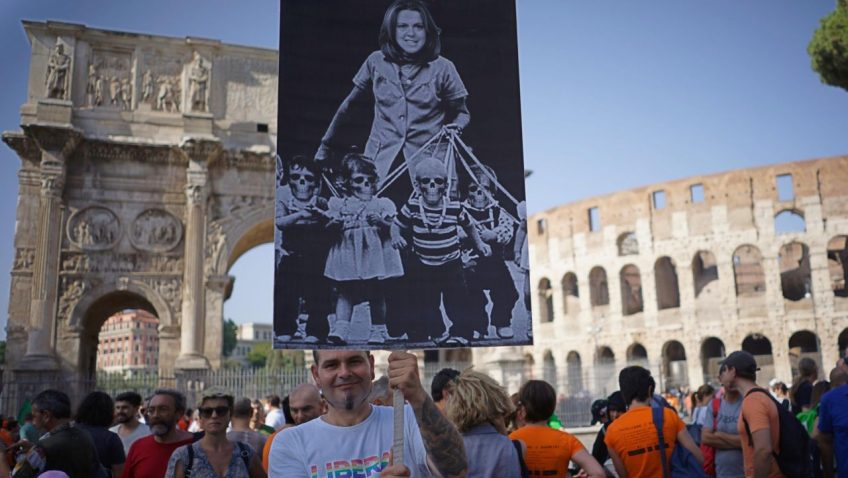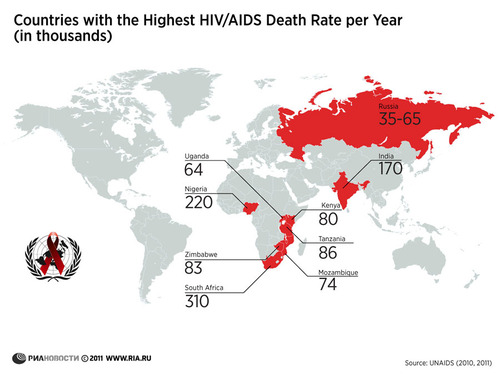The video dates back to February but has resurfaced in August. Paola Taverna is campaigning in Santarcangelo di Romagna for the Five Star Movement, which a month later would gain 32.7% of the Italian vote in the general election. With the audience’s support, she declares: “Anti-vaxxers are a minority you can easily live with, as others are vaccinated. (…) A child who’s not vaccinated is healthy! They should be carrier of what sort of disease? When I was a child and one of my cousins had some rash illness, we would queue up at his house, so our aunt would have all seven nephews and nieces fall sick and get the pox to f— off!”
Taverna, now Vice-president of the Italian Senate, is not alone. The coalition government has been involved in a crusade against vaccines, with potentially catastrophic consequences. Davide Barillari, a 5SM spokesperson for Social Policy in the Lazio Regional Council, wrote a post accusing immunologists of conspiring with pharmaceutical lobbies and the opposition to discredit the Movement. His phrase “Politics comes before science” resonates with previous statements from League’s leader and Home Secretary Matteo Salvini, who suggested that “corporations or drug companies have picked Italy as a test case” as most EU States do not have compulsory vaccinations.
In such a disillusioned scenario, it is not encouraging that Health Minister Giulia Grillo has temporarily replaced official NHS documentation with self-certifications, so that children can access kinder-gardens until 2019 with less “bureaucratic workload”: she has shown a dislike for the previous law despite supporting vaccinations, giving no indications on what the next legislative move will be to protect the population.
The decision destroys the path on which Italy was moving for better prevention. In 2017 the then Minister Beatrice Lorenzin signed a decree to tackle a worrying rise in the number of measles cases and meningitis outbreaks in Tuscany. Until that moment only injections against polio, diphtheria, tetanus and hepatitis B were compulsory: shots for MMR, meningitis B and C, pertussis, Hib, and chickenpox were made mandatory.
The inclusion was also justified by a coverage below the 95% target set by the World Health Organisation, which guarantees herd immunity for those not vaccinated due to an immunodeficiency or age limit. Migration from African countries where such diseases are endemic has worsened the issues caused by anti-vax tendencies.
Although its health system was recognised as the second best in the world in 2000, in the last decade Italy has shown an inconsistent approach to vaccinations. Differences in coverage rates suggest that the problem originates from the educational divide between affluent and depressed areas: this prevents citizens from autonomously researching the positive impact of immunisation, unless there are NHS campaigns in place.
This issue is accompanied by varying degrees of decentralisation for autonomous regions such as Friuli-Venezia-Giulia and Sicily, and the lack of a nationwide IT system from which to access vaccination records. The Democratic Party may have failed to address these issues, but the general discontent with scientific premises across the populist spectrum exacerbates the institutional stalemate.
Even those who support vaccinations like 5SM leader Luigi Di Maio have shown flexibility on how to preserve the threshold, citing access to education as a reason for delaying an otherwise necessary requirement. Nonetheless, there has been no mention of fines against rule-breakers. The rejection of opinions like Taverna and Barillari’s has not spread throughout the party and leaves Italy vulnerable to scepticism, in the light of growing health risks and inaccurate information spiralling out of control.








